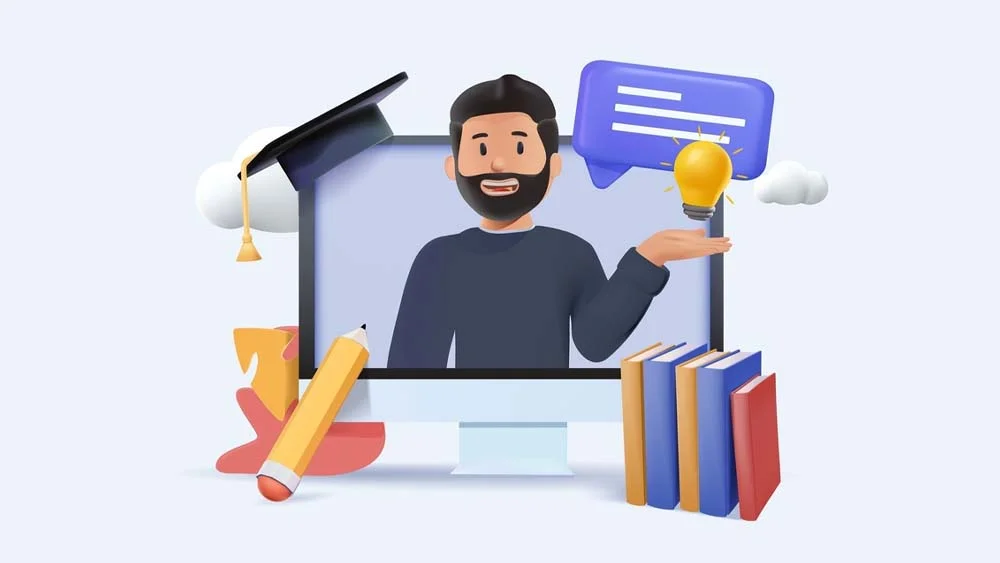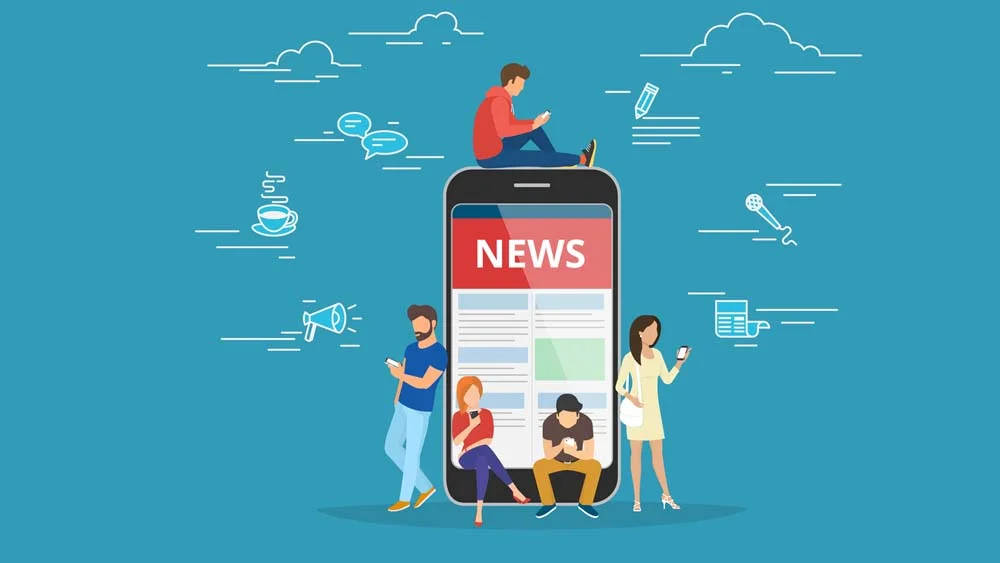Leverage The Internet To Your Advantage: 5 Aspects of Life Improved by Online Technology
We’re almost used to hearing about the dangers of the internet and how people, especially youth, spend too much time online. But behind this doom and gloom lies the fact that the internet has improved every aspect of our lives. By giving up on the pessimistic tendencies of our age, we are missing the opportunity for a balanced approach leveraging the internet to our advantage. Below are five aspects where we can achieve it and how has the internet improved our lives.
Communication
Human communication is a multi-faceted endeavor. Our voice is just a small part of conveying meaning. There’s intonation, hand gestures, and many more visual cues as subtle as the twitching of the eye. No technology before has made it so easy to convey all of it to others over a distance.
There is an argument to be made that the Internet, at least at first, was made as a means of communication over a distance. Scientists and engineers in the US were looking for an effective way to share data between universities. Thus, the interconnected computer network known as the Internet was born in the early 1980s.
Critics of the Internet would be quick to point out that modern online communication tools, such as Messenger, Teams, or Zoom, are having a negative effect. They are degrading our language and discouraging physical communication.
But as with every remedy to a problem, the risks are most pervasive when we overdo it. It’s healthy to use online means of communication not as something to replace physical interactions but as a means to supplement it. And this is one of the aspects of how has the internet improved our lives.
Education
In large part, improvements the internet brings to education result from better communications. It’s easier than ever before to find a good teacher online or to delve into a lecture by a world-class professional on YouTube. The same can be said about the main source of our knowledge sharing—books.
Google Books alone has scanned and currently stores over 40 million books. Due to loosened copyright claims and library offers, most books are already available for free. A great example is Project Gutenberg, which allows anyone to access the classic literature for free. And if you are willing to spend at least a bit on your education, you can access even more.
Of course, there is an argument to be made that the most groundbreaking research is under strict paywalls by science journals and universities. But such critiques of the internet fall short as, on the contrary, it’s one of the measures to safeguard real knowledge from fake news and untrustworthy science.
Employment
Times when you had to hand-deliver your resume to workplaces to land a job are long over. It’s a direct consequence of the internet and how it changed the process of finding a job. In many cases, you only need to fill out some forms with your qualifications and complete an online video interview.
It’s even more astonishing how the internet changed employment itself. Nowadays, there are iPhone apps to make money, for example, where you can work entirely remotely on your own time and without much official hassle. Even jobs that would traditionally require lots of physical interaction, such as food delivery, are made much more efficient with the use of online apps.
But since it’s so easy to post and find a job, there are many employers and employees who are no longer looking seriously at the employment market. Fake job postings or even scams are quite frequent. However, if you learn to differentiate the potential dangers of online employment, such a critique isn’t valid.
News
The state of journalism and the spread of misinformation on the internet is a controversial topic. On the one hand, anyone can pretend to be a credible source on social media or a personal blog. But such a problem has more to do with freedom of speech as such than with the intrinsic drawbacks of the internet.
Quality journalism is still out there online and still needs critical readers. The problem with the state of the news is that people expect to hear about everything quickly and don’t double-check their sources. Having a slower and more moderate approach to news saves you a lot of trouble.
Even better is to choose a few (preferably paid) journalism sources you can trust and stick to them instead of chasing catchy headlines. Clickbites have always existed, even when physical newspapers were most popular.
If you treat your news sources critically and read consistently, the credibility of news on the internet will remain unchanged for you no matter how fast it spreads on the internet.
Government
Transparency is one of the main things that modern democracies need to thrive. It must exist not only when political scandals are on the rise but also in the everyday functioning of our institutions. Paying taxes, filling in complaints, reading about new laws or contacting your representative should be easy. That’s exactly what the internet has brought.
Every Western country has a relatively strong online presence, enabling citizens to find information and avoid much of the bureaucracy. Before the Internet, most government functions were accessible only by the basis of physical contact. Citizens required a lot of time to reach out to the government, which they didn’t have because of other responsibilities.
It could be argued that the internet has made citizens only use statistical measures in online government systems. While there are risks with such tendencies, we must understand that it’s the result of the fight against corruption. Anonymized online systems no longer allow citizens to be treated differently just because of their connections.
Wrapping up
It should come as no surprise that each of the improvements mentioned above also brings its own risks. That’s why we can’t take the improvements of the internet at face value and strive to find our own way to make the best of it. The fact is: there are a lot of examples of how the internet has improved our lives. In fact, the single biggest improvement online presence brings is personalization. You only need to embrace it.





